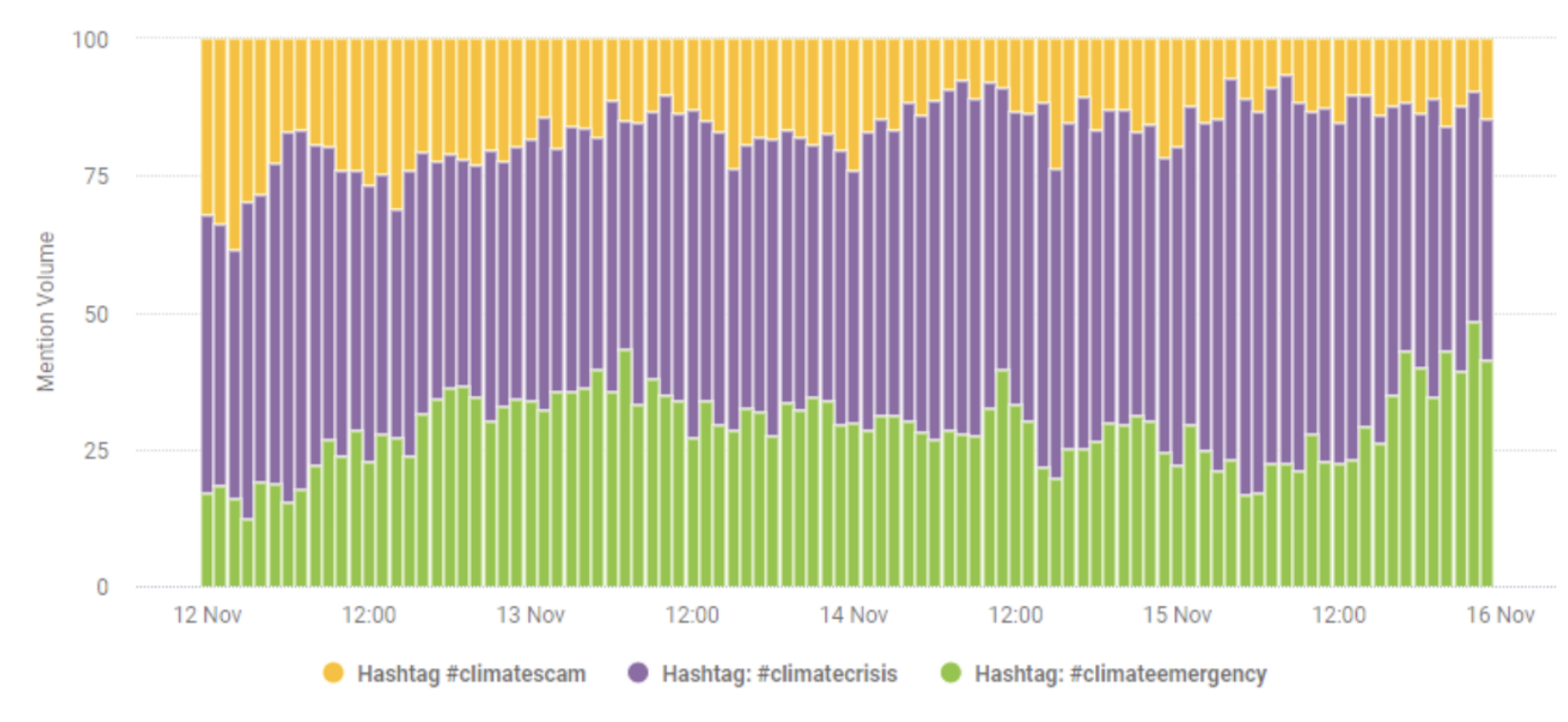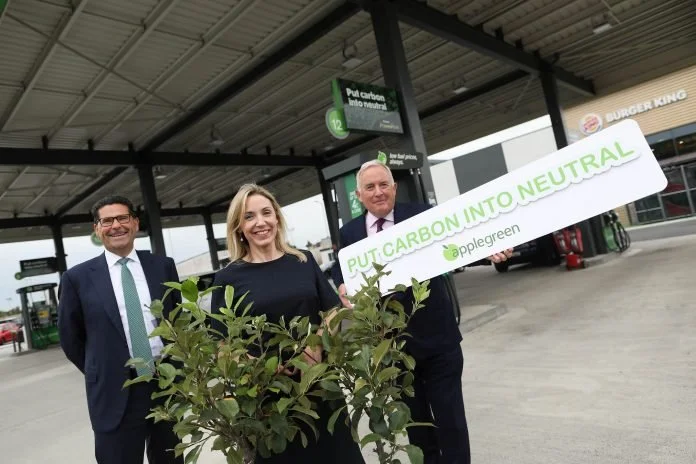
Twitter Ad Rules Threaten More Greenwashing & Misinformation
It is no secret or surprise that Twitter has been in turmoil since Elon Musk bought the social media platform last year.
Yet it still remains a critical tool for climate education in a time when the media is still broadly ignoring the Climate Crisis or, in many cases, still platforming some of the greatest polluters with climate denial and greenwashing – RTE’s coverage of Ryanair is a perfect example of this.
For anyone open to being educated about the Climate Crisis, Twitter has many active communities led by highly respected academics, who are freely sharing the latest studies, calling out misinformation, and sharing practical actions that we can all take to live more sustainably.
Yet, a recent change in Twitter advertising rules presents a major opportunity for corporations and climate deniers to push misinformation at a time when moderators on the platform are stretched more than ever.
Twitter Ad Rules Change
In 2019, under the guidance of then Chief Executive Jack Dorsey, Twitter banned political advertising in an effort to curb the rife misinformation and ‘fake news’ that had become so prevalent in politics and the media.
The former rules were extremely broad and applied to a wide range of issues, including ‘caused-based’ campaigns. Under this regulation, any adverts that “educate, raise awareness, and/or call for people to take action in connection with civic engagement, economic growth, environmental stewardship, or social equity causes” were restricted.
This is something that IrishEVs fell foul of in 2022 when we attempted to spend €20 to promote our Irish Greenwashing Awards.
Twitter’s relaxing of advertising rules comes as they are courting increased income from everyone and anyone who will pay. Credit: Twitter
We were told that it breached the ‘caused-based’ rules and therefore we wouldn’t be able to promote the Awards to people in Ireland.
At the time this felt like a troubling suppression of the Climate Action movement – as it limited just how far Climate Crisis education could go, and the ability to call out misinformation, while also restricting attendance at key Climate Action events.
As of 3rd January 2023, the restrictions on ‘cause-based’ advertising have been lifted.
Yet, in the current climate of Twitter’s desperate money-grabbing, rife greenwashing and renewed climate denial, this free-for-all on advertising presents a real threat to climate education.
Promotion of climate denial ramped up in mid-2022 ahead of COP27, peaking during the UN Climate event. Credit: Climate Action Against Disinformation Coalition
#ClimateScam
There has been a notable surge in climate denial since Musk took over at Twitter, with #ClimateScam regularly trending on the platform and often offered as the first result that appears when searching for climate discussions.
In fact, a report by the Climate Action Against Disinformation Coalition (CAAD) stated that usage of #ClimateScam rarely dropped below 1,000 retweets per day between July 2022 and November 2022.
Alongside Musk’s platforming and reinstatement of right-wing figures, there were more than 509,000 mentions of #ClimateScam or ‘climate scam’ originating from 146,000 users in this four month period.
Rather reassuringly, the report does make clear that uses of #ClimateCrisis or #ClimateEmergency were not only more common than #ClimateScam, but also more retweeted.
Nonetheless, the prominence of climate denial – and those who profit from it – on Twitter should be cause for concern given the severity of the Climate Crisis that we already face, and how little time we have left to stay within the 1.5°C limit.
CAAD are clear in their summary that taking action on repeat offender accounts is a key measure to curb the impact of climate denial and delayism in public life, and that current fact-checking labels for misleading content are not having the necessary impact needed to stop the harm that these accounts cause.
Advertising Free-For-All
In this context of rife climate denial, money-grabbing and lack of moderation from Twitter, it is highly concerning that ‘caused-based’ adverts are now permitted on the platform again.
This presents opportunities not only for those in the business of climate denial to mislead the general public and set back climate education, but also for corporations to promote their greenwashing on a bigger scale than ever before.
We once again undertook an experiment to see how easy it would be to promote a ‘caused-based’ issue on Twitter, spending €20 to promote the 2023 Irish Greenwashing Awards on the platform.
There is some solace to be found in the fact that climate denial is mentioned less on Twitter than those using #ClimateCrisis or #ClimateEmergency - but the prominence of #ClimateScam is great cause for concern. Credit: Climate Action Against Disinformation Coalition
Where our previous campaign from 2022 was pending for several days before a moderator flagged that it contravened ‘cause-based’ rules, this time our advert was not only approved but live on the platform in a matter of seconds.
As such, anyone with any agenda can now promote misinformation and greenwashing in a matter of seconds.
With Twitter’s highly-targeted and low-cost advertising, this should be ringing alarm bells across the Climate Action and education community, and once again raises the need for stringent legislation to protect people from corporations profiting from misinformation.
What To Read Next
Irish Greenwashing Awards 2022
The Irish Greenwashing Awards 2022 is an event dedicated to acknowledging outstanding misinformation about the Climate Crisis across Ireland. Find out more about the inaugural awards
Carbon Offsetting & Capture: The Frontline of Greenwashing
Corporations and governments are continuing to mislead the public about the viability of carbon offsetting and carbon capture at a time when we must reduce emissions






